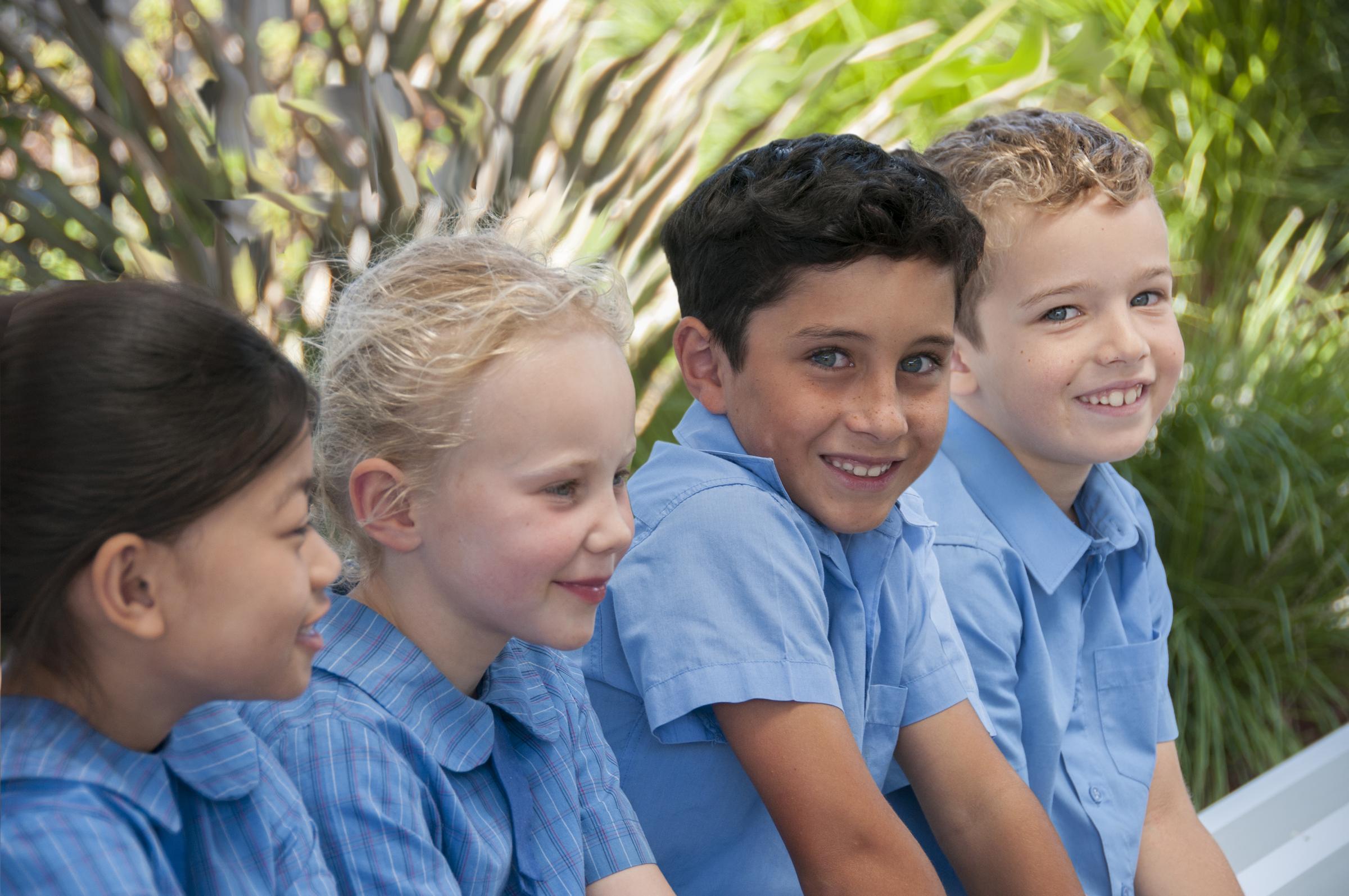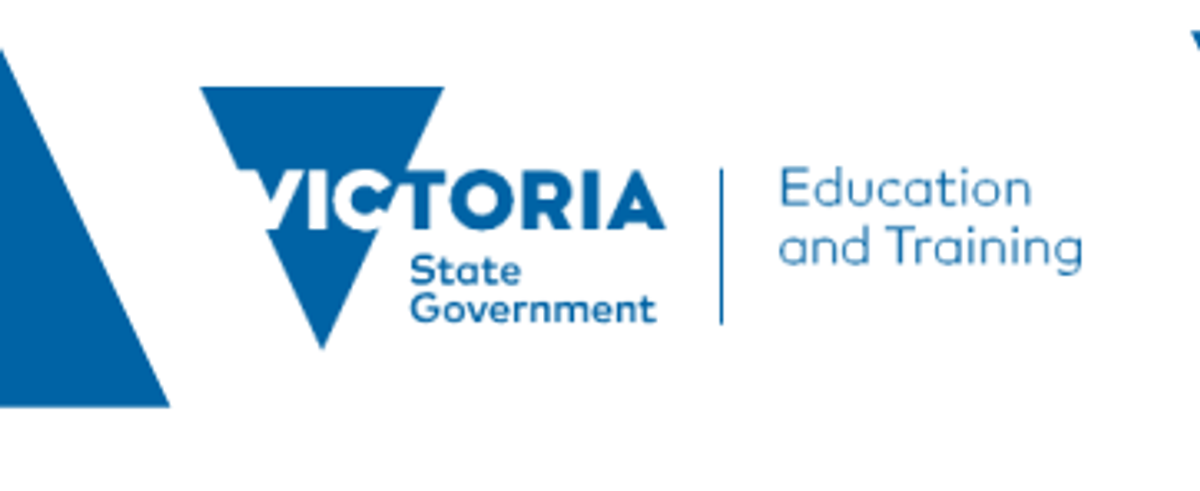Student Well-being

Looking after your child's Wellbeing
Wellbeing comes from physical, mental and emotional health
For children and young people, there are many things that build positive wellbeing.
Wellbeing can come from:
Understanding and managing their emotions
Having good relationships
Experiencing a sense of accomplishment
Using our strengths
Taking part in healthy activities, getting lots of sleep and eating well.
There is a range of things you can do at home to help build and sustain your child’s wellbeing.
Praise, encouragement and positive attention
Praise helps your child feel good about themselves, which boosts self-esteem and confidence.
It can also encourage good behaviour.
You can:
Give your child praise when they behave in ways that you want to encourage
Give your child attention. Play a game with them, do an activity together, send them a friendly text message, ask about their interests
Praise your teenager for their strengths
Let your child know you are proud of them.
Positive self-talk
Self-talk is the way we talk to ourselves with our inner voice. Positive self-talk is when we say positive things to ourselves. Self-talk has big impact on how we feel and what we do. Encouraging your child to talk to themselves in a kind and positive way can help improve their wellbeing and help them manage stress.
When you hear them speaking about themselves that isn’t kind, you can:
Draw it to their attention
Ask them if what they are saying is true
Get them to think of a more helpful thought
Encourage your child to ‘speak’ to themselves the way they would speak to a best friend
Regularly remind your child of their accomplishments
Maintain good relationships
A positive relationship with your child is critical to supporting wellbeing.
Share family memories and stories together
Try to eat a meal together each night
Establish and maintain family rituals and routines
Social connections are vital for your child’s wellbeing. Helping your child stay connected to friends is important.
Take notice or being mindful
Mindfulness is paying attention to how you feel and what you see, hear, taste and smell. It is the opposite of rushing and multitasking. Mindfulness is being in the present rather than thinking about the future or the past.
It can make us more aware of our thoughts and feelings and can help reduce stress and anxiety. Mindfulness can help us slow down and promote rest and healing.
For more information about mindfulness with children and young people, see: Smiling Minds.
Practice kindness and gratitude
Gratitude is about taking some time recognise and celebrate the people and things we love and are thankful for. Being grateful can have a big impact on wellbeing as it strengthens relationships and makes us more optimistic.
You can help your child practice gratitude by talking to them about:
Things that make them happy
Things that inspire them
People and things that nurture them Experiences and thoughts they would like more of
Helping them notice small pleasures like a cool breeze or a warm smile
Being kind to others also supports wellbeing. It promotes feelings of gratitude as well as compassion and empathy. Kindness helps to build a sense of community and reduces stress. With your child, make a list of all the ways they can be kind to family, friends and your community. Together, chose a few things to practice being kind.
Promote help seeking
It can be hard to ask for help but it is important that your child knows that it is okay. Encourage help seeking in your child by:
Asking how things are going
Letting them know it’s okay if they are feeling sad or frustrated
Listening without judgement when they seek out your support
Providing teenagers with a range of information about where to get help if they need it.
Set rules and boundaries
Clear rules and boundaries help children and young people feel safe. Involve your child in making the rules and they will be more likely to stick to them. Negotiating rules is a way of showing you respect their growing maturity. For more information, see Raising Children Network
Getting support about your child
If you are concerned about your child’s wellbeing, contact your child’s school. Start with their classroom teacher, year level coordinator or the Wellbeing leader.
You can also contact Parentline 13 22 89 – a phone service for parents and carers of children from birth to 18 years old. Offers confidential and anonymous counselling and support for parenting issues.
Taken from:
https://www.education.vic.gov.au/Documents/parents/family-health/your-childs-wellbeing-advice.pdf
Do it for Dolly Day
Dolly’s Dream was created by Kate and Tick Everett following the shattering loss of their 14-year-old daughter, Dolly, to suicide, after ongoing bullying. Kate and Tick’s goal is to prevent other families walking this road. They want to change the culture of bullying by addressing the impact of bullying, anxiety, depression and youth suicide, through education and direct support to young people and families. Dolly’s Dream is proudly brought to you by the Alannah & Madeline Foundation.
This week the children participated in Kindness activities to promote spreading kindness and respect throughout their communities.
You can find more information and resources about Dolly's Dream here.
Lauren Molluso
Student Well-being Leader


